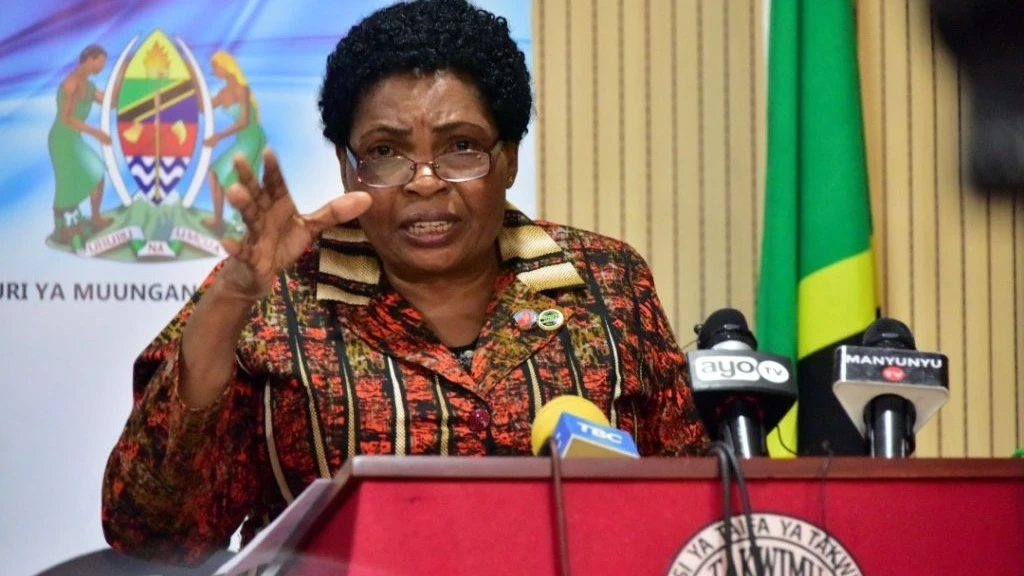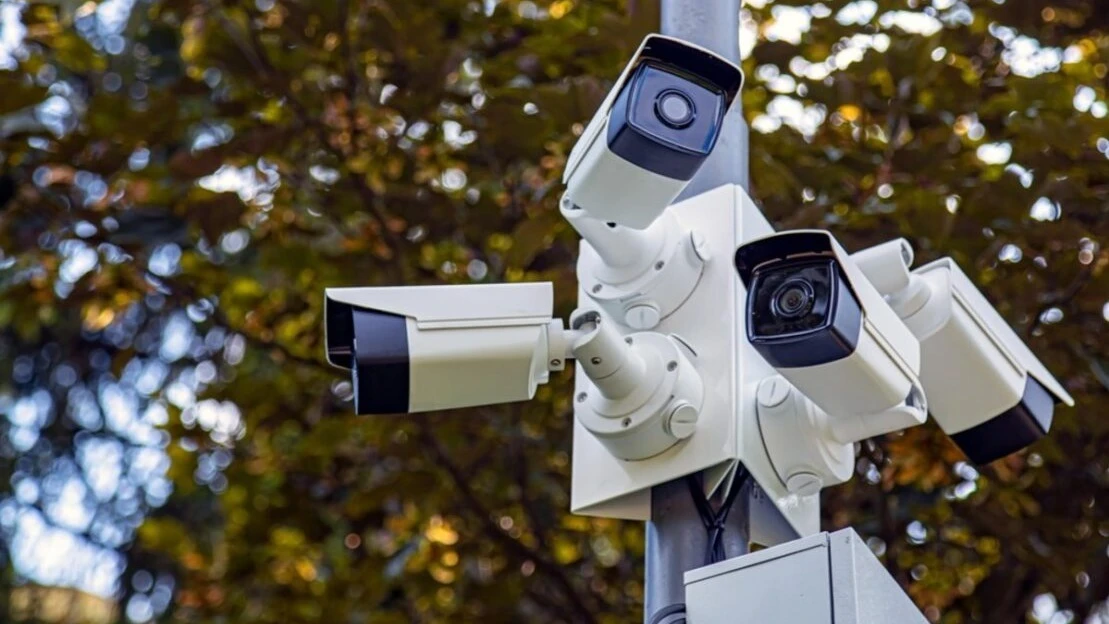When local youths are making usable drones, digital gap data not a problem

A NEW report by the United Nations that was being discussed alongside the ongoing sessions of the United Nations General Assembly reportedly ‘warns’ of uneven progress in digital transformation worldwide.
Strictly speaking, that is far from surprising as nothing in economic or social development is even but in a regulated world with a breadth of multilateral agencies, anything actually unsavoury will be noticed and something will be done about it.
The UN system is itself circumspect and not a night sentry waiting to be alerted that there is this or that emergency.
UN officials are quoted as having affirmed that the digital world is transforming the world but developing regions are at risk of being left behind.
This would imply that progress here is quite limited, whereas not so long ago parts of East Africa saw mass protests by the younger adult generation organised essentially in WhatsApp groups and other forms of networking.
Going by the local media, there are many instances where a young entrepreneur outlines achievements made and, courtesy of social media posting of products, obtaining orders on that basis.
Rather surprisingly, the UN agency looking at economic development generally saw hope and reassurance in digital government advances.
Apparently, these ought to include the mobile money transaction platform, which is economic or social advancement rather than e-government as such.
Here there are numerous imperfections as it is a public sector-based activity where the private interests of those in business often collide with public interests. Building fool-proof e-government systems is tricky since all systems will be controlled from outside, thus with a ‘fraud button’.
While UN officials bemoan low levels of digital exposure among developing countries along with substantial disparities between regions and within specific zones, many in these parts of the world have other worries.
They are akin to sentiments in developed countries nearly a century ago as mechanisation and eventual automation were taking hold, brushing aside a lot of traditional farming, industry, respected teaching or medical professions, etc.
Globalisation also moves in tandem with another sphere of making money by dollar agency, spawning classes.
Not just in digital government but in wider innovation digital inclusion and grassroots application are being more in evidence as days go by.
Just like youths can build biogas machines rapidly but face various regulatory checks and stoppages when trying to land a market for the generated power or install other devices in a house, much the same applies to drones.
With sclerotic lending levels to agriculture and a vast sphere of traditional farming, livestock rearing and fishing, where the use of technology is irrelevant, the problem is more of the backward market structures, not digital access.
Top Headlines
© 2024 IPPMEDIA.COM. ALL RIGHTS RESERVED

















